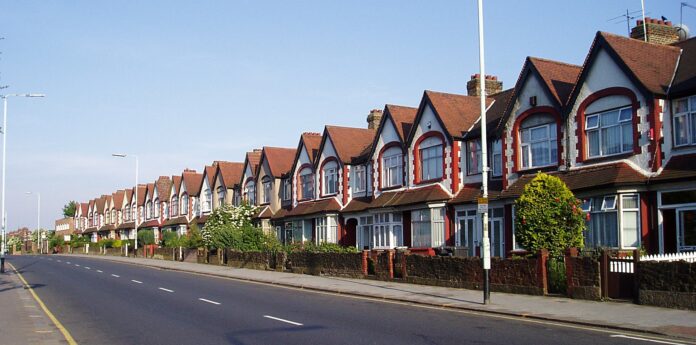International consultancy, Capital Economics, has arrived at the figure of 227,000 new homes to be built per year, needed to feed the expected future demand and to stabilise the UK rental market.
The National Residential Landlords Association (NRLA) commissioned the respected economics consultancy Capital Economics to carry out the research.
This research by the firm found that if the future growth projections pan out, and owner occupation and social housing demand continues at their present rates of growth, then the private rented sector (PRS) supply of housing needs to increase by 227,000 homes per year.
This would be in-line with government’s own targets, which anticipates growth of nearly 2 million new households over the next decade.
Multiple sources of new supply
Providing the level of new housing advocated by the research consultancy, it suggests, would come through a combination of new-build; converting commercial property for residential use; moving housing stock from short-term to long-term residential lettings; and re-engaging vacant housing into the rental market.
“Even with increased provision of affordable housing and higher rates of owner occupation, both of which are important, our research shows that significant additional investment is needed by landlords in the private rented sector,” says Andrew Evans of Capital Economics.
Capital Economics suggested that the private rented sector is currently heading in the wrong direction with this. Without the necessary changes to the way landlords’ profits are taxed, along with changes to the current regulatory system, the private rented sector housing stock would shrink by around 50% or a half million properties over the next 10 years, thinks the firm.
Andrew Evans, managing economist for Capital Economics, has said:
“The private rented sector, which is predominantly supported by private individual investors, has a key role to play in addressing housing need in the UK.
“However, the stock of homes for private rent has fallen in recent years, driven partly by a series of policy changes.
“Without further changes, that supply could fall by over half a million more over the next decade.
“Even with increased provision of affordable housing and higher rates of owner occupation, both of which are important, our research shows that significant additional investment is needed by landlords in the private rented sector,” he says.
Rents moving ever higher
A severe shortage of rental housing is pushing rents ever upwards as demand continues to rise. People are struggling to find suitable accommodation at a reasonable price now, and with growing numbers of renters projected to continue, the situation will only get worse unless more supply is forthcoming.
UK rents are now on average over £60 per month higher than they were before the coronavirus pandemic first started in 2020, research by property portal Zoopla has found. The average UK residential rent, according to the property portal, was £969 at the end of 2021 and growing.
Without some urgent action Capital Economics concludes, an increasing number of people looking for affordable rental housing will really struggle to find it.
NRLA chief executive Ben Beadle says that their report “…highlights in stark detail the supply crisis now engulfing the sector.”
“For all the efforts to support home ownership, the private rented sector has a vitally important role to play in helping the Government to achieve its housing objectives.
“Without urgent action, the increasing number of people looking for affordable housing will be the ones to struggle as they face less choice and higher rents as supply dries up,” Mr Beal says.
A government spokesperson from the Department for Levelling Up, Housing and Communities has said:
“We support the private rented sector and recognise the crucial role Build to Rent homes have in boosting housing supply and increasing quality and choice for renters across the country.
“This Government is building more genuinely affordable homes to help people on to the housing ladder. Since 2010, we have delivered more than 574,000 affordable homes and we are investing £11.5 billion in affordable housing.”
Credit: Source link













